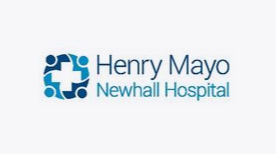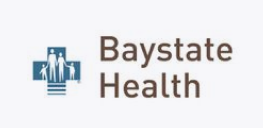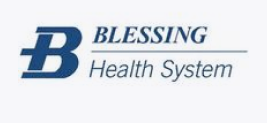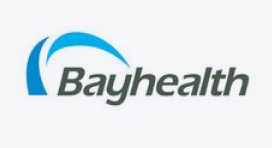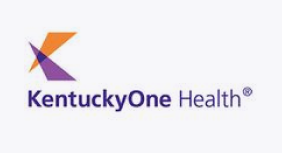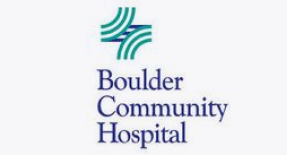April 30, 2022
Why You Need Specialty Pharmacy Accreditation, Especially If You Partner
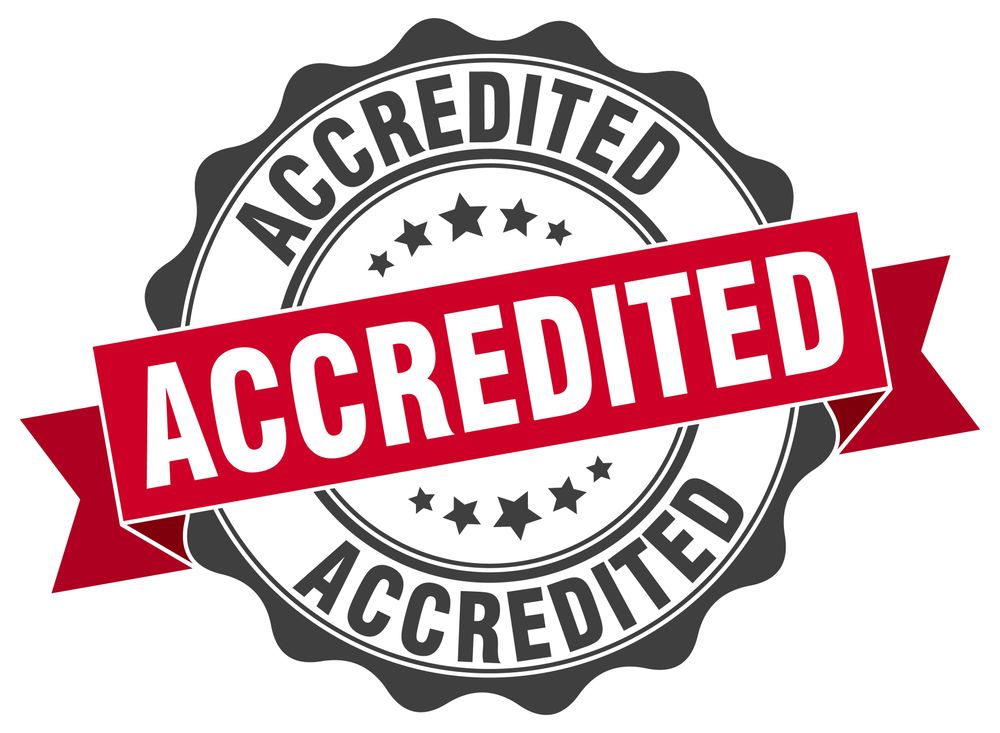
Generally, accreditation is not required for implementation of specialty services, but in some cases, it may be contractually required if a hospital wants to expand their opportunity and their primary regional payer has an accreditation requirement. In the absence of a specific requirement, accreditation should be pursued at an appropriate timeline following the implementation of specialty pharmacy services. When a hospital decides to move forward with a specialty pharmacy, the involvement of partners needs to be carefully evaluated when it comes to making the accreditation decision.
Without a doubt, specialty pharmacy accreditation standards are a valuable resource to health system pharmacy leaders to ensure that all regulatory elements are in place; both those controlled internally as well as those provided by a partner.
If one of the hospital’s goals in implementing a partnership or outsourcing approach to their specialty pharmacy operation is to move them closer (or make it easier) to become an accredited specialty pharmacy, it is important to remember that the hospital system is the one who is responsible for ensuring that all accreditation standards are met. The health system must be able to confirm that each partner is providing services at the level contractually agreed upon and required by the accrediting body.
Each accrediting body will expect the health-system, and the partner who providing services on behalf of the health-system, to meet the regulatory statutes laid out in the accreditation standards. Therefore, it is vitally important to evaluate partner services and validate that such services meet the accreditation standard – both now and in the future.
Each accreditor’s primary focus is to standardize services and evaluate patient care. There are three specialty pharmacy accreditation agencies that you should be aware of:
- ACHC www.achc.org
- Center for Pharmacy Practice Accreditation https://www.pharmacypracticeaccredit.org/
- URAC www.urac.org



